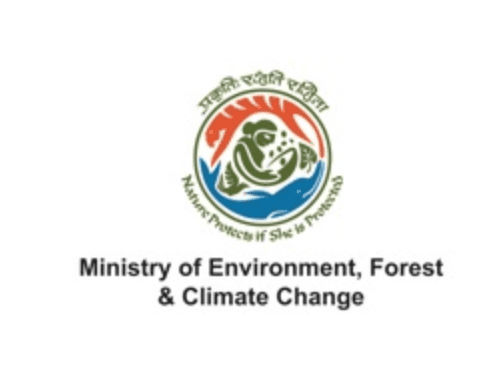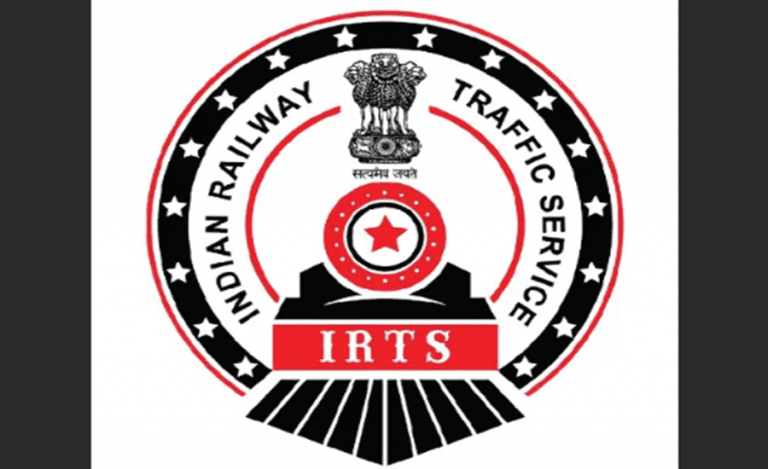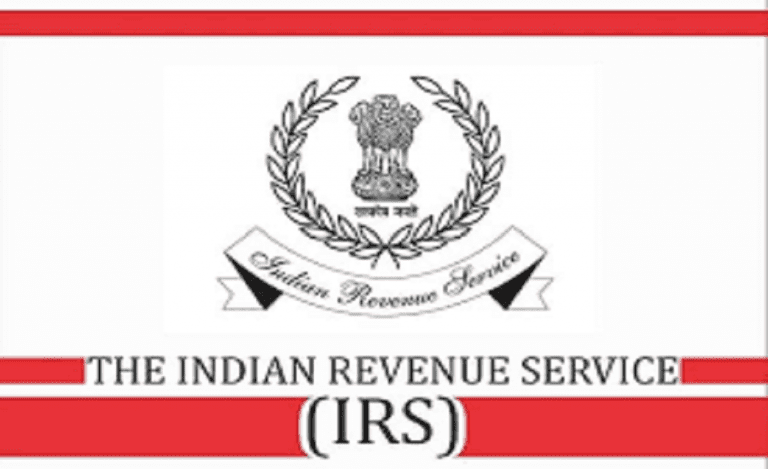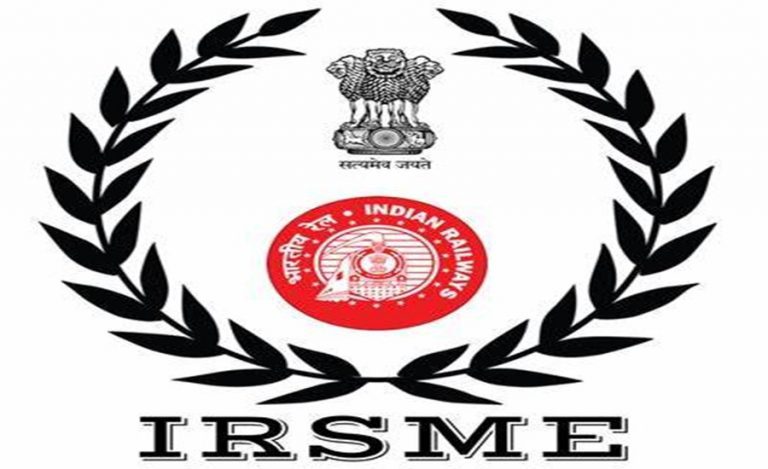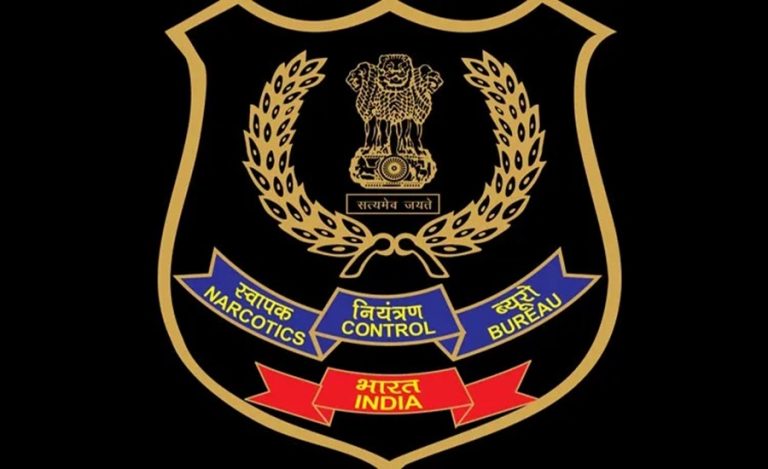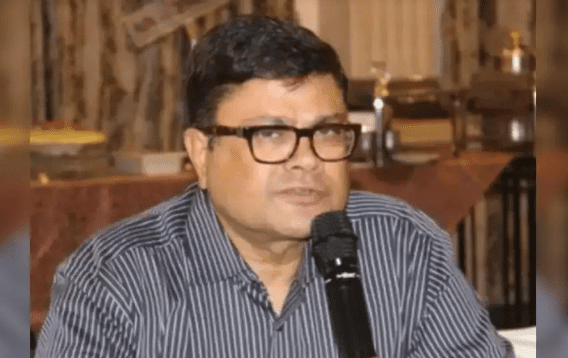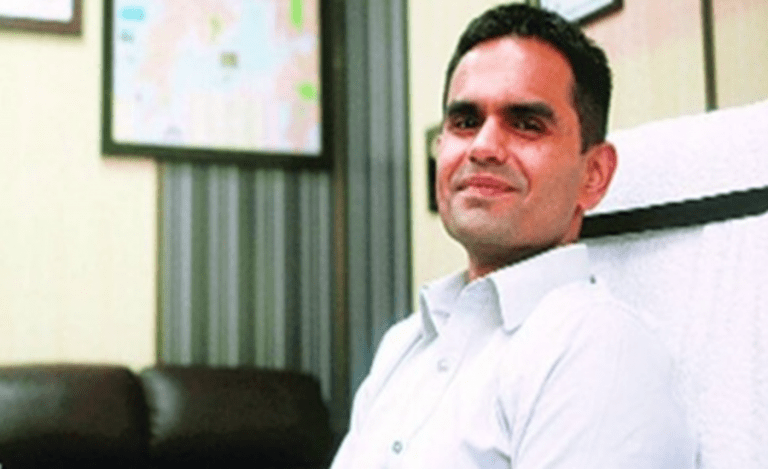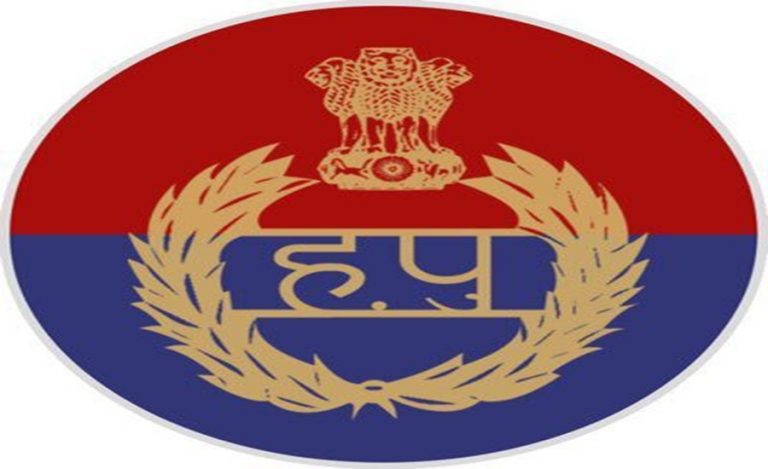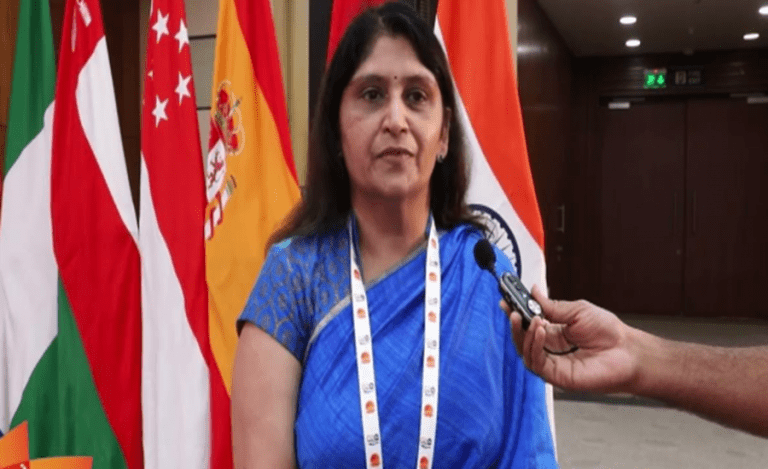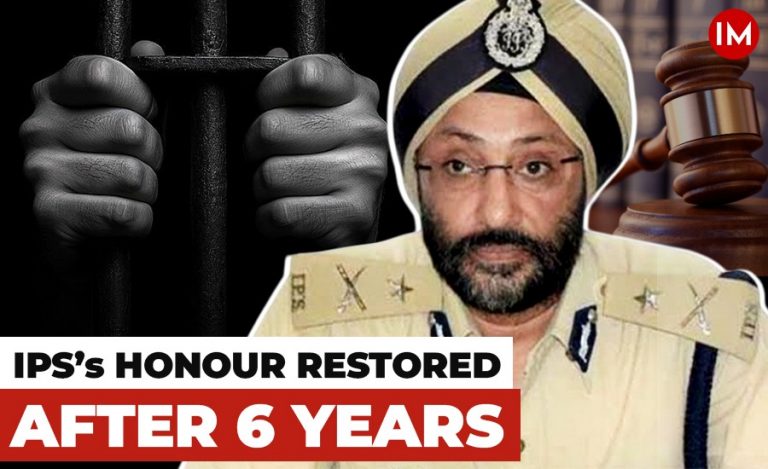The Union government has taken a variety of actions to lessen the amount of chemical waste that businesses and dyeing facilities close to the major rivers throw into them. Industry-specific discharge standards under Schedule-I: “Standards for Emission or Discharge of Environmental Pollutants from various Industries” of the Environment Protection Act, 1986 have been notified by the Ministry of Environment, Forests, and Climate Change (MoEF&CC), Government of India. Approximately 80 industrial sectors have received notifications of industry-specific environmental criteria thus far.
The State Pollution Control Boards (SPCBs)/Pollution Control Committees (PCCs) issue consent to establish/consent to operate and authorization to the industries in the States. SPCBs/PCCs monitor the compliance of industrial emissions/effluent according to the prescribed standards. In case of non-compliance, action against industry is taken under provisions of Water (Prevention and Control of Pollution) Act, 1974, Air (Prevention and Control of Pollution) Act, 1981 and Environment (Protection) Act, 1986.
Central Pollution Control Board (CPCB) issued directions under Section18 (1) (b) of the Water (Prevention and Control of Pollution) Act, 1974 to SPCBs/PCCs regarding ‘Treatment & Utilization of Sewage’ and also issued directions under Section 5 of The Environment (Protection) Act, 1986 to Municipal Corporations of 46 Metropolitan cities and 20 State Capitals regarding ‘Treatment and Utilization of Sewage for Restoration of Water Quality of River’.
For strengthening monitoring mechanism and effective compliance through self-regulatory mechanism, CPCB has issued directions to all 17 categories of highly polluting industries, Grossly Polluted Industries (GPIs) of Ganga basin, Common Effluent Treatment Plants (CETPs), biomedical waste management facilities and common hazardous waste facilities to install Online Continuous Effluent/Emission Monitoring Systems (OCEMS) for constant vigil on pollution levels. In case of any violations of the norms, an automatic SMS alert is generated and sent to industrial unit, SPCB and CPCB, so that corrective measures can be taken by the industry immediately and appropriate action can be taken by concerned SPCB/PCC.
CPCB monitors water quality of aquatic resources at 4703 locations including 2155 monitoring locations on rivers under National Water Quality Monitoring Programme (NWMP) in association with the State Pollution Control Boards (SPCBs)/ Pollution Control Committees (PCCs) including data that of the River Kaveri.
During the year 2018, CPCB identified Polluted River stretches of River Kaveri from Mettur to Mayiladuthurai in Tamil Nadu under Priority class I (BOD>30 mg/L). For rejuvenation of polluted river stretches identified in 2018 including River Kaveri, action plans were prepared by River Rejuvenation Committee (RRC) constituted by the respective State Government/UT Administration including the state of Tamil Nadu for bringing all the polluted river stretches identified by CPCB fit for bathing purposes (i.e. BOD ˂ 3 mg/L and FC ˂ 500 MPN/100 mL).
The aforesaid Action Plans cover important aspects such as Source control (Municipal sewage management, Industrial pollution control, Waste management), River catchment/Basin Management (Adoption of good irrigation practices, Utilization of treated sewage, Ground water recharge aspects), Flood Plain Zone protection and its management (Setting up of bio-diversity parks, Removal of encroachments, Rain water harvesting, Plantation on both sides of the river), Ecological/Environmental Flow (E-Flow) and Watershed management.
Implementation of time-bound Action Plans is in the domain of the State Government Departments/UT Administration Departments who are responsible for rejuvenation of polluted river stretches identified in the respective State/UT. Progress of implementation of action plans is reviewed by the RRC at State Level and Central Monitoring Committee (CMC) constituted for the purpose.
This information was given by the Union Minister of State for Environment, Forest and Climate Change, Shri Ashwini Kumar Choubey in a written reply in the Lok Sabha yesterday.

